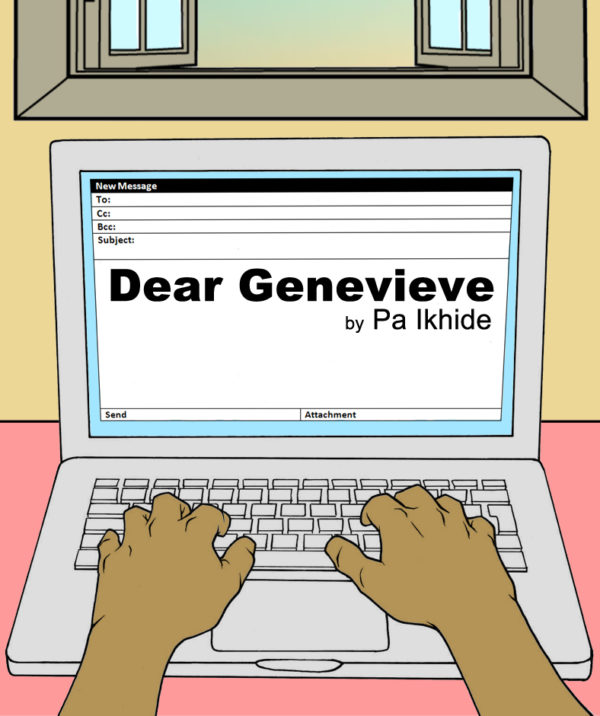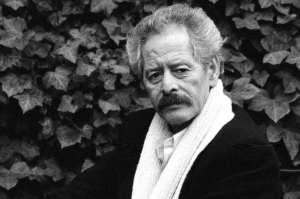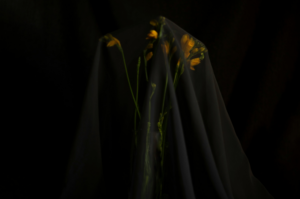Dear Genevieve,
There is not a shortage of advice to writers. Young African writers like you are beneficiaries of unctuous sermons on what, how and where to write, most of it patronizing. Well, writing is like parenting or doing the dishes. You simply roll up your sleeves and do it. Write, just write, is what I would advise the young writer. Above all, be yourself. Despite my aversion to advice, like syrupy motivational books, there is a huge market out there for those who wish to dispense advice to aspiring writers. Every now and then though a young African writer taps on my inbox and asks me for advice about writing. My answer is always: You don’t need advice, write, just write.
Yes, many young writers want mind-blowing insights into crafting the next epic essay or novel. These are also interesting times to be offering advice on how to write. The book is dying, even as the average writer dreams of getting that lucrative contract from a big publishing house in the West. Increasingly it is about how, where and what to write, and not about the book necessarily.
Young African writers on social media and elsewhere on the Internet are leading that literary revolution or gentrification. It is borne out of necessity. Chinua Achebe’s generation had the book — and a fairly robust publishing industry. It helped that in those days, in an analog world, it required a lot to be called a writer. Compared to today, there were few writers, and even fewer writers of note. It was perhaps easier to be published back then. Achebe’s generation had the resources and the medium to themselves — and it appears, generous grants and space to be creative and innovative. And they made a huge difference to literature as we know it today.
Is it true that there is no reading audience in Africa? Thanks to social media, we know now that the idea that Africans don’t read is a bigoted myth. There is a huge (African) readership on the Internet. Folks may be reading the wrong things, but they are reading. We need to figure out, as Linda Ikeji has done, how to tap into that market — and to be crass, make money. The writer cannot live by the bread of ideas alone. Even as I enjoy the free content in digital spaces, I am also saddened that people who spend so much time making me happy and educated are forced to do it for free.
So as a reader, what am I looking for in a writer? A lot. First of all, I am looking for a reader. Reading, to me is the equivalent of listening. You must listen to the other in order to understand your world. Reading is a great way to understand your world and mine. What should you read? Any and everything. I do think it is helpful to find one or two writers you truly admire and gobble their works. Read their works and everything about them. My favorite writer of all times is Chinua Achebe. Achebe’s depth of intellect is subversive. It grows on you. If you want to understand the world Achebe lived in, you must read his early works of fiction — Things Fall Apart, No Longer at Ease, Arrow of God and A Man of the People. Then you must read his books of essays; Home and Exile, Hopes and Impediments, Morning Yet on Creation Day, etc. Achebe’s essays house some of the most profound thinking on the human condition as they apply to the black African experience.
Many writers making waves today have not written a single book, but they have become highly sought after institutions. Study them. Why are they unique? What do they do? How do they do it? What the best of today’s young writers share with Achebe is innovation. Achebe was an innovator. With a wink and a smile, he took the English language and with his quietly determined pen and mind, converted it to an African language. He famously assured the world: “Let no one be fooled by the fact that we may write in English, for we intend to do unheard of things with it.” Achebe shared many ideas that have influenced my worldview. This fable in Anthills of the Savannah is epic. He uses it with cunning and courage to define and re-define and control the narrative:
Once upon a time the leopard who had been trying for a long time to catch the tortoise finally chanced upon him on a solitary road. ‘Aha,’ he said; at long last! Prepare to die.’ And the tortoise said: ‘Can I ask one favor before you kill me?’ The leopard saw no harm in that and agreed. ‘Give me a few moments to prepare my mind,’ the tortoise said. Again the leopard saw no harm in that and granted it. But instead of standing still as the leopard had expected the tortoise went into strange action on the road, scratching with hands and feet and throwing sand furiously in all directions. ‘Why are you doing that?’ asked the puzzled leopard. The tortoise replied: ‘Because even after I am dead I would want anyone passing by this spot to say, yes, a fellow and his match struggled here.’”
Yes, Achebe is right, it is about the narrative, who defines the narrative rules the world. For Achebe again reminds us of the East African parable: Until the lions have their own historians, the history of the hunt will always glorify the hunter. So, dear young writer, it’s all about the narrative. You must read, read and read, and then tell your own story. You must be our historian. In your own voice and with your own eyes. Anything else is sheer mimicry and trust me, the astute reader can tell the difference. Find your own voice and tell your own story with it and you will be just fine. So, have you eaten?
Sincerely,
Pa Ikhide
********
“Dear Genevieve” is a writing-advice series. The weekly missive allows Ikhide Ikheloa, one of Africa’s foremost literary critics, to dish out prized advice on various aspects of writing. Stop by next Monday for the next email.
Read more from the series:
Pt. 2: Dear Genevieve, Find Your Voice
Pt. 3: Dear Genevieve, Find Your Space
Pt. 4: Dear Genevieve | The Writer Should Be Paid for Content on the Internet
Pt. 5: Dear Genevieve | Of Reading, Writing, Purpose and All That Jazz
*********
About the Author:
 Ikhide R. Ikheloa or Pa Ikhide is a social and literary critic who writes non-stop on various online media. He was a columnist with Next Newspaper and the Daily Times, Nigeria, where he held forth and offered unsolicited opinions on any and everything to do with literature and the world. He has been published in books, journals and online magazines and he predicts: ‘The book and the library are dying. Ideas live.” Find him on twitter @ikhide
Ikhide R. Ikheloa or Pa Ikhide is a social and literary critic who writes non-stop on various online media. He was a columnist with Next Newspaper and the Daily Times, Nigeria, where he held forth and offered unsolicited opinions on any and everything to do with literature and the world. He has been published in books, journals and online magazines and he predicts: ‘The book and the library are dying. Ideas live.” Find him on twitter @ikhide










Anon February 07, 2017 02:33
Ok! I'm slow eh! The 'blog' is here but I assumed that it would be a completely new website for Dear Genevieve! Good anyway and as for @Ernest, you don't need to correct anybody; just write as you wish, and develop your personal writing style than to act as Mr Know All. Ever wondered why most English teachers are not authors? Gbam!